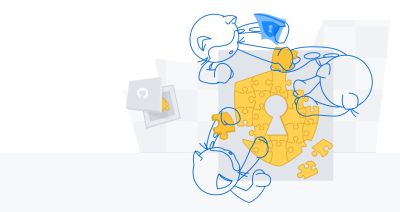
The fugitive in Java: Escaping to Java to escape the Chrome sandbox
In this post, I’ll exploit a use-after-free (CVE-2021-30528) in the Chrome browser process that I reported to escape the Chrome sandbox. This is a fairly interesting bug that shows some of the subtleties involved in the interactions between C++ and Java in the Android version of Chrome.




